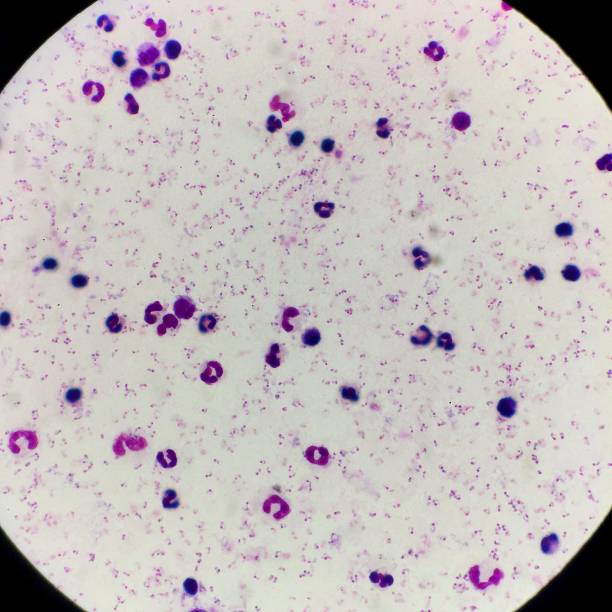
Malaria is a major infectious disease that continues to furnish challenges to population health and healthcare systems worldwide, especially in developing countries.
According to data that was released in 2019, approximately 229 million malaria cases and 409,000 deaths occurred worldwide.
Malaria has similar symptoms to other febrile illnesses such as typhoid. Meanwhile, several people self-diagnose based on the symptoms they exhibit. The availability of over-the-counter antimalaria drugs makes this wrong practice a quick option. Hence, multi-resistance to antimalarial drugs occurs, and when a person is truly infected with malaria, the available drugs become impotent. Also, misdiagnosis of malaria leads to delayed treatment of the actual illness.
Laboratory diagnosis is the most reliable and accurate way to ascertain the presence of malaria parasites in the blood thus helping to distinguish malaria from other febrile illnesses. Laboratory diagnosis of malaria includes a Rapid Diagnostic Test which indicates the presence or absence of malaria infection, a Blood Smear Microscopy Test for confirmation and parasite count, and Parasite Density which helps to monitor the patient’s response to treatment. Other additional tests include PCR to identify parasite species, Complete Blood Count and Blood Glucose Test to check for other complications.
Prompt and correct diagnosis is vital for the effective control of malaria cases to lessen morbidity and mortality caused by delayed or poor management of patients.
Accurate laboratory diagnosis of Malaria will ultimately help to prevent the development of drug-resistant strains of the malaria parasite. Say no to misdiagnosis, we’ve got you covered.
For an accurate and reliable diagnosis, visit MedBioTech.
References:
my.clevelandclinic.org
www.ncbi.nlm.nih.gov
www.who.int
Malaria is an infectious disease and one of the most important public health diseases caused by Plasmodium species and transmitted by the bites of female Anopheles mosquitoes during blood meals.